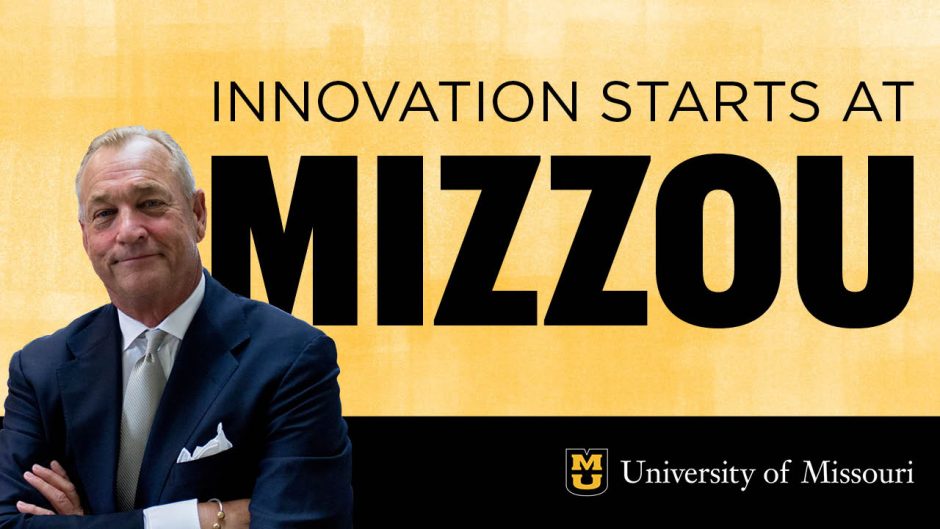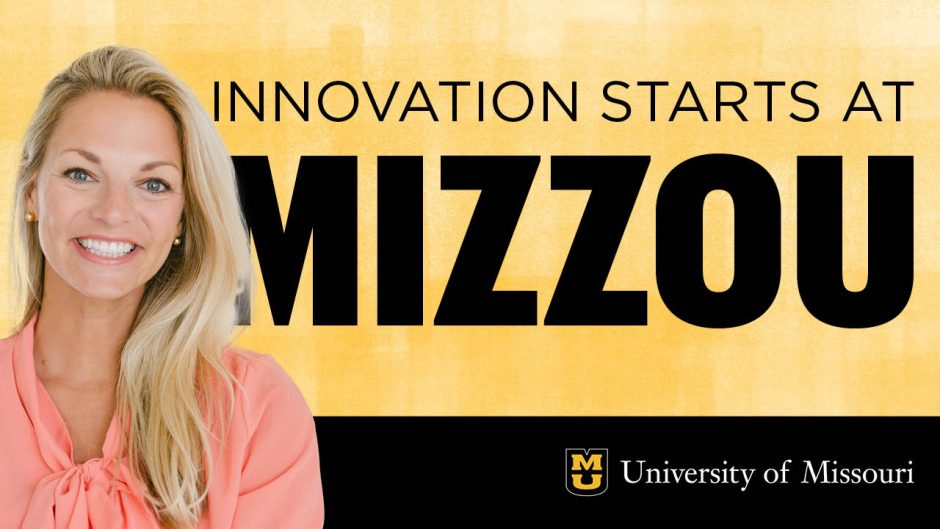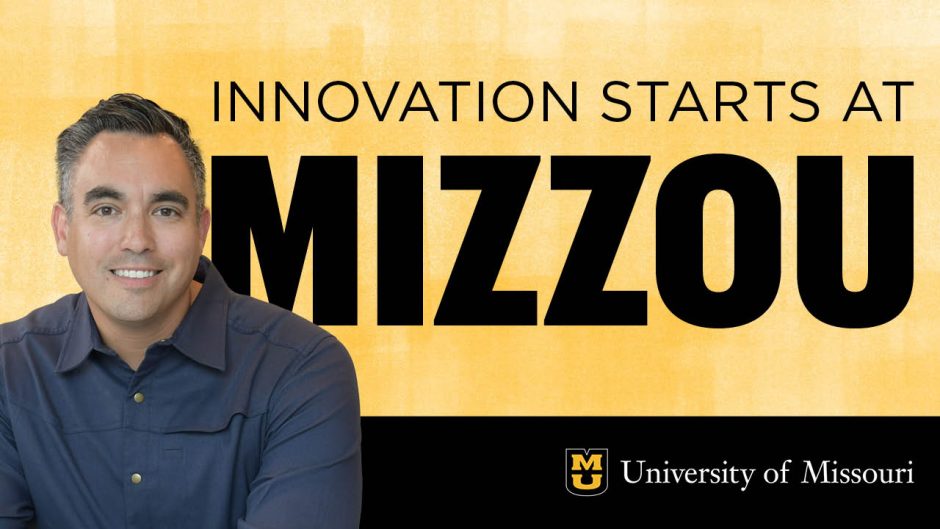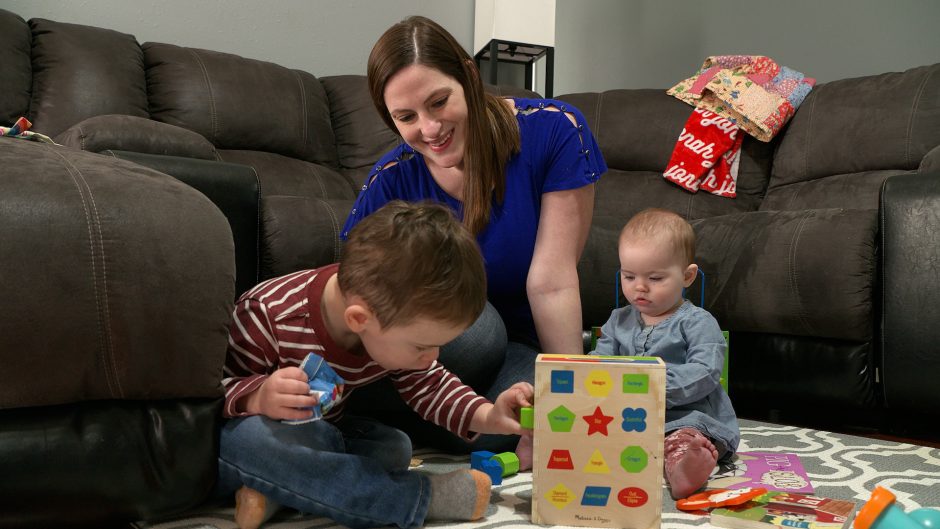Aug. 6, 2021
Transcript
Brian Consiglio: The state of Missouri is a leader in the U.S. beef cattle industry. With more than 4 million total cows in the state, they are a crucial component to the Missouri economy, and in a recent study, University of Missouri researchers found that cattle have slowly been losing adaptations that help them accommodate to extreme weather, such as extreme heat.
MU Associate Professor Jared Decker is the lead researcher on the study. He and his research team analyzed over six decades worth of bovine DNA and found that over time, though some adaptations associated with higher productivity and fertility have improved, the progress of other adaptations have started to fade away.
Decker: “The troubling thing that we learned is that it looks like we are losing much of the local adaptations, the environmental adaptations that have existed in cattle due to the use of artificial insemination and other breeding practices.”
Consiglio: These local adaptations are necessary to help cows manage exposures to several environmental pressures, like humid climates, high elevation, and even fungus. Decker’s findings can help farmers ensure their cattle are suitable for their specific environment.
Decker: “A big motivation for this project was to help farmers and ranchers identify cattle better suited for their environment. We are actually able to pinpoint DNA variants that are likely providing adaptations to different environmental stressors.”
Consiglio: For more on this research, visit ShowMe.Missouri.edu
I’m Brian Consiglio with a Spotlight on Mizzou.




